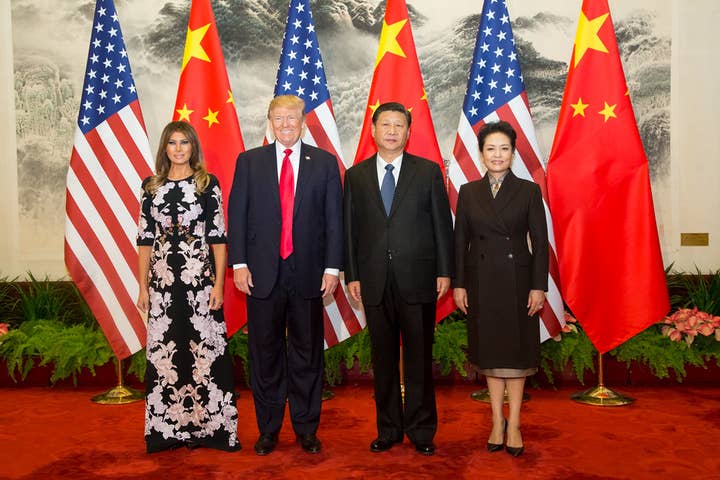US considers 25% tariff on game consoles
Trump administration proposes tax on "essentially all products" coming from China as part of escalating trade dispute
The Trump administration's escalating trade dispute with China could have a significant impact on gaming in the near future. As reported by Game Daily, the Office of the United States Trade Representative has proposed a tariff of up to 25% on a wide array of products imported from China.
The US has been raising tariffs on Chinese goods in waves since the middle of last year. The newly proposed product list is the largest yet, representing an approximate annual trade value of $300 billion. (Tariffs on a $200 billion group of goods were raised earlier this month.) The USTR says it covers "essentially all" products not already covered by previous tariffs, apart from a select few categories like pharmaceuticals, medical goods, and rare earth minerals.
The extensive list of affected product categories includes video game consoles, game controllers, and coin-op arcade games.
The USTR has invited comments from the public in regards to the proposed tariffs and set a deadline of June 17 for those to be considered before action is taken.







.jpg?width=291&height=164&fit=crop&quality=80&format=jpg&auto=webp)

